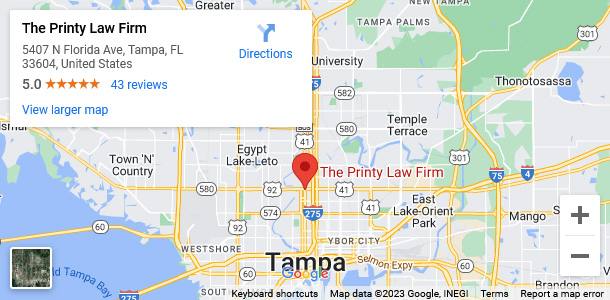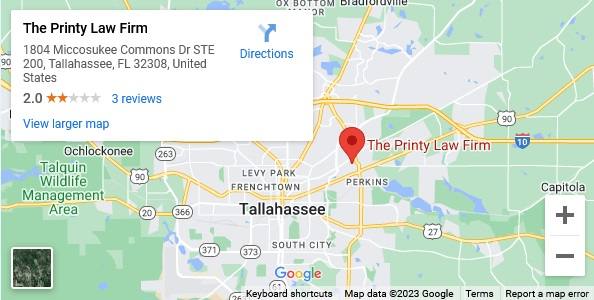Sexual Harassment occurs when an employee is subjected to unwelcome sexual advances, requests for sexual favors, or other verbal or physical conduct of a sexual nature. The conduct typically must create a hostile or offensive environment in the workplace.
Sexual harassment is sex discrimination and therefore prohibited under Title VII of the Civil Rights Act of 1964 (42 U.S.C.A. § 2000e et seq.). A victim of sexual harassment may sue her employer for discrimination under Title VII. Like other suits under Title VII, the employer must have at least 15 employees during the prior calendar year.
The EEOC guidelines provide further guidance as to the definition of sexual harassment:
Unwelcome sexual advances, requests for sexual favors, and other verbal or physical conduct of a sexual nature constitute sexual harassment when:
- submission to such conduct is made either explicitly or implicitly a term or condition of an individual’s employment,
- submission to or rejection of such conduct by an individual is used as the basis for employment decisions affecting such individuals, or
- such conduct has the purpose or effect of unreasonably interfering with an individual’s work performance or creating an intimidating, hostile, or offensive working environment. (29 C.F.R. § 1604.11 [1980])
Sexual harassment may be physical, such as hugging, pinching, patting, kissing, grabbing blocking the victim’s path, leering, or staring, or standing very close to the victim. It may also be verbal, which may be oral or written and could include requests.
Frequently, the key issue will be whether the sexual advances were unwelcome and uninvited. Whether the conduct in question was unwelcome is determined by the totality of the circumstances.
Before filing suit against your employer you must first file a claim with the Florida Commission on Human Relations (FCHR) or the Equal Employment Opportunity Commission (EEOC). Claims filed with the FCHR must be filed within 365 days of the date the discrimination occurred. Claims filed with the EEOC must be filed within 300 days of the date the discrimination occurred. However, it is always advisable to meet with an attorney or file your claim as soon as you can so that you don’t waive other remedies.
If you feel you have been the victim of sexual harassment, please do not hesitate to call our offices in Tampa or Tallahassee. When you call, an attorney will be happy to discuss your claim and determine your best options.






